by Michael Haskew
Two centuries after his catastrophic defeat, historians may well point to Napoleon Bonaparte’s supreme self-confidence as his worst enemy at the Battle of Waterloo, fought June 18, 1815. Aside from the fact that Napoleon had little respect for his primary opponent, the Duke of Wellington, or for the fighting prowess of the enemy command that he confronted, the deposed Emperor of France showed little concern that Wellington’s ally Field Marshal Gebhard Leberecht von Blücher might lead his sizable Prussian Army onto the field at Waterloo, tipping the balance in favor of the Allies.
[text_ad]
Elements of Napoleon’s army had defeated two of Blücher’s corps at the Battle of Ligny only two days earlier, and the French commander believed that the disorganized Prussians could not recover sufficiently to pose a real threat. Nevertheless, Napoleon ordered a strong force under Marshal Emmanuel de Grouchy to follow the Prussians as they began to move, either toward the safety of Prussia or another fight with the French at Waterloo. At best, Napoleon thought that only a portion of the Prussian Army might reach Waterloo and intervene before he had decisively defeated Wellington.
Blücher’s Decision to Aid Wellington
Even as Napoleon launched his main effort against the center of Wellington’s line on the Mont-Saint-Jean Ridge, word reached him that troop movements had been spotted on the vicinity of the Bois de Paris on his far right flank. For a time, it was believed that these might be Grouchy’s troops; however, a scout confirmed that the formations were in fact Prussian infantrymen. Napoleon was not dissuaded and ordered his attack against Wellington’s center to proceed. He issued new orders to Grouchy to quicken his own pace and slow the Prussians, but by the time the directive reached Grouchy it was too late to alter the course of the battle.
Often overlooked amid the tales of heroism and sacrifice that characterize the Battle of Waterloo is the decision made by the 72-year-old Blücher to come to Wellington’s support rather than retiring eastward. Although he was advanced in age, Blücher remained energetic and possessed a keen tactical military sense. He discounted the advice of his chief of staff Field Marshal August Neidhardt von Gneisenau, who doubted the capabilities of Wellington’s army to stand up to Napoleon. Nevertheless, once the task was placed before him Gneisenau urged the Prussian Army forward toward Waterloo with the corps of Marshal Friedrich Wilhelm Freiherr von Bülow, relatively unscathed during the defeat at Ligny, in the van.
Allied Performance Trumped Napoleon’s Fatal Hubris
When the Prussians reached Waterloo, their heavy pressure on Napoleon’s right flank coupled with an advance by Wellington’s forces finally routed the French Army. Napoleon’s renewed bid for empire ended in crushing defeat. Gneisenau then led the Prussian pursuit of the French toward Paris, reportedly capturing Napoleon’s personal carriage. Gneisenau’s effective command of the Prussian forces led to their actual arrival at the gates of Paris ahead of Wellington’s army.
Although the bravery of the British and Allied soldiers, Wellington’s outstanding performance in command, and Napoleon’s fatal hubris were key elements in the outcome of the Battle of Waterloo, the significance of the Prussian contribution to the great Allied victory cannot be denied.
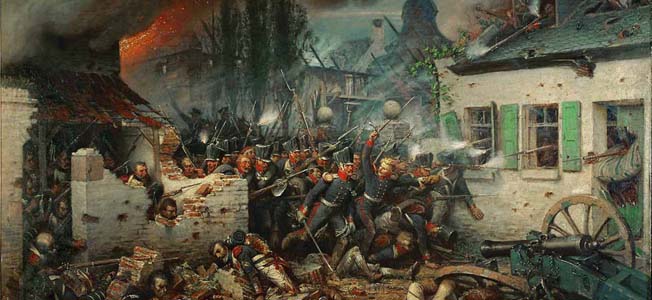
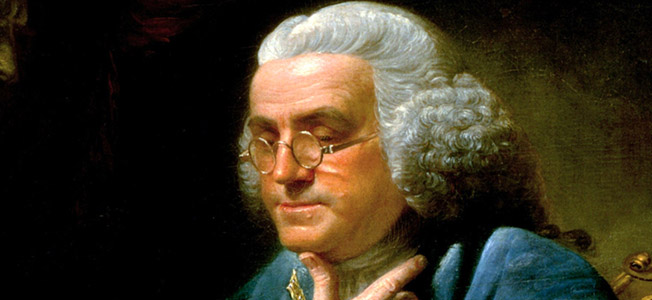
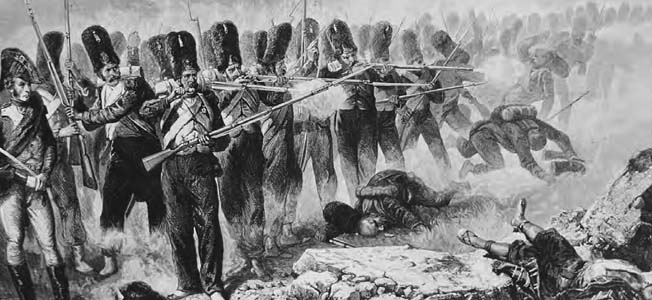
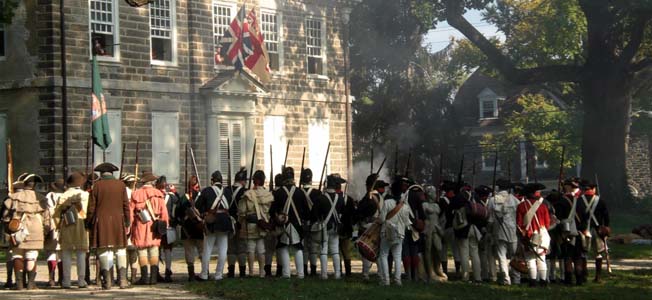
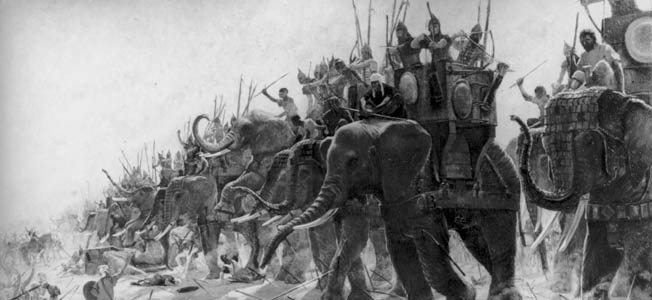
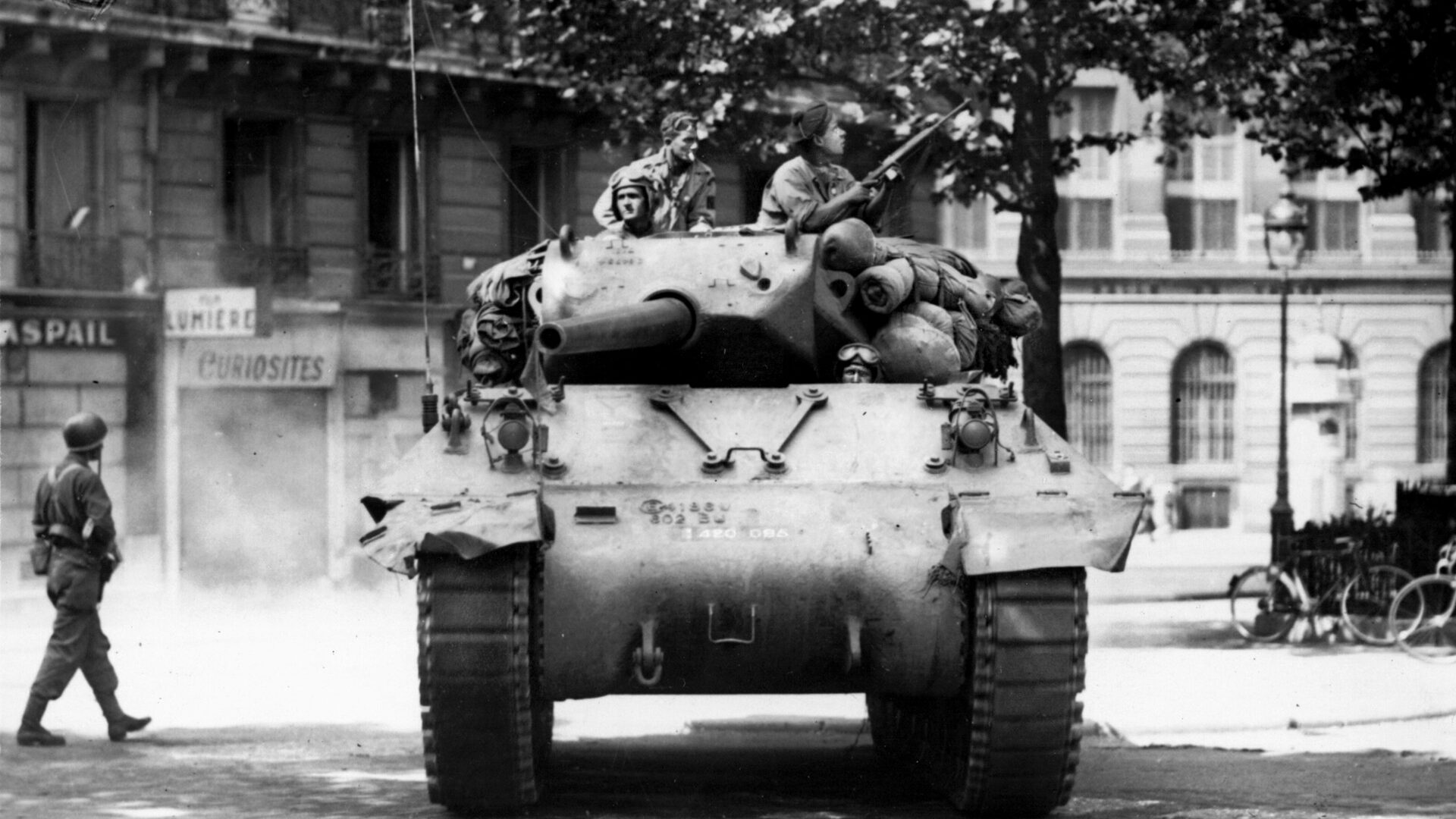
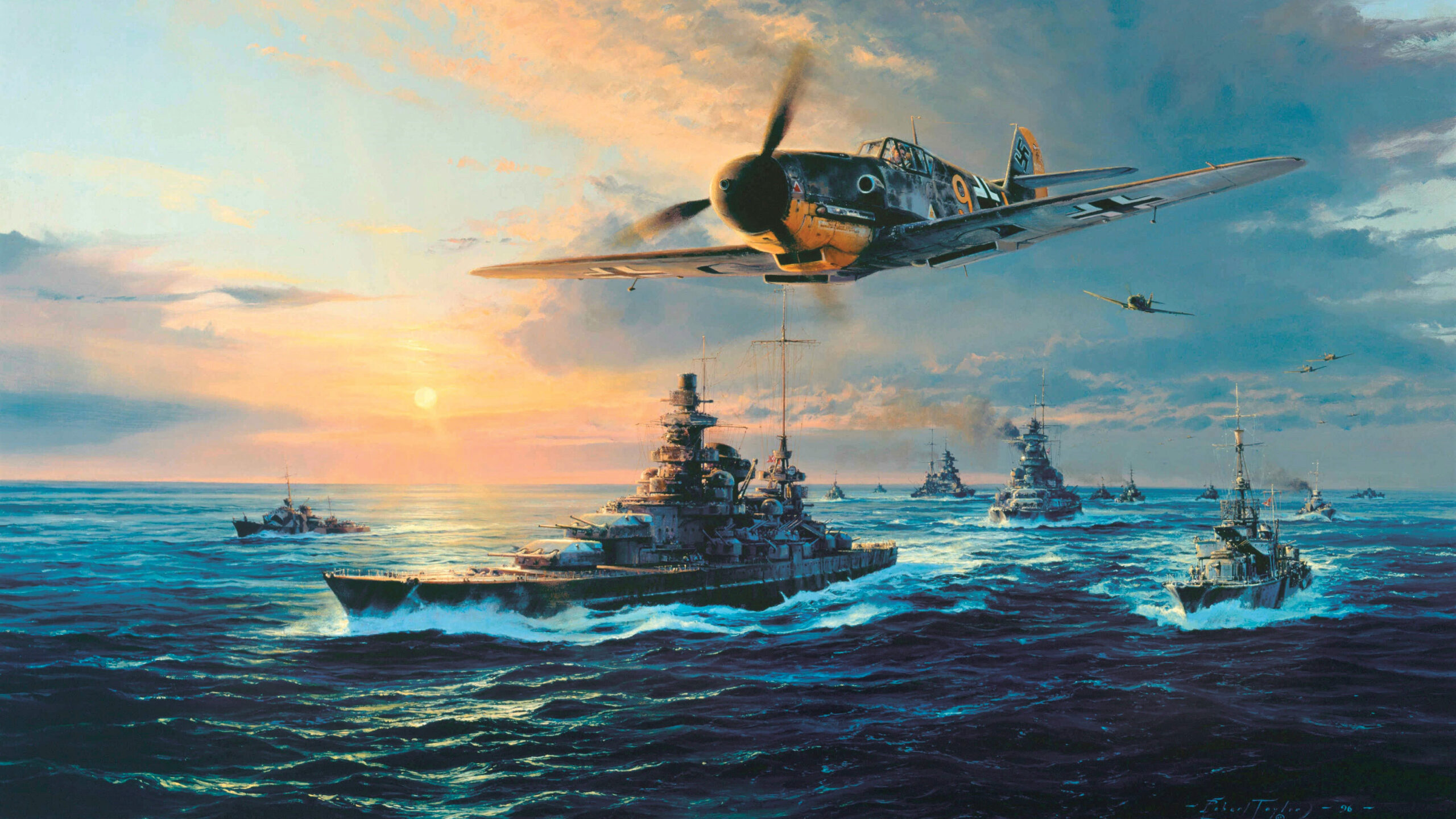
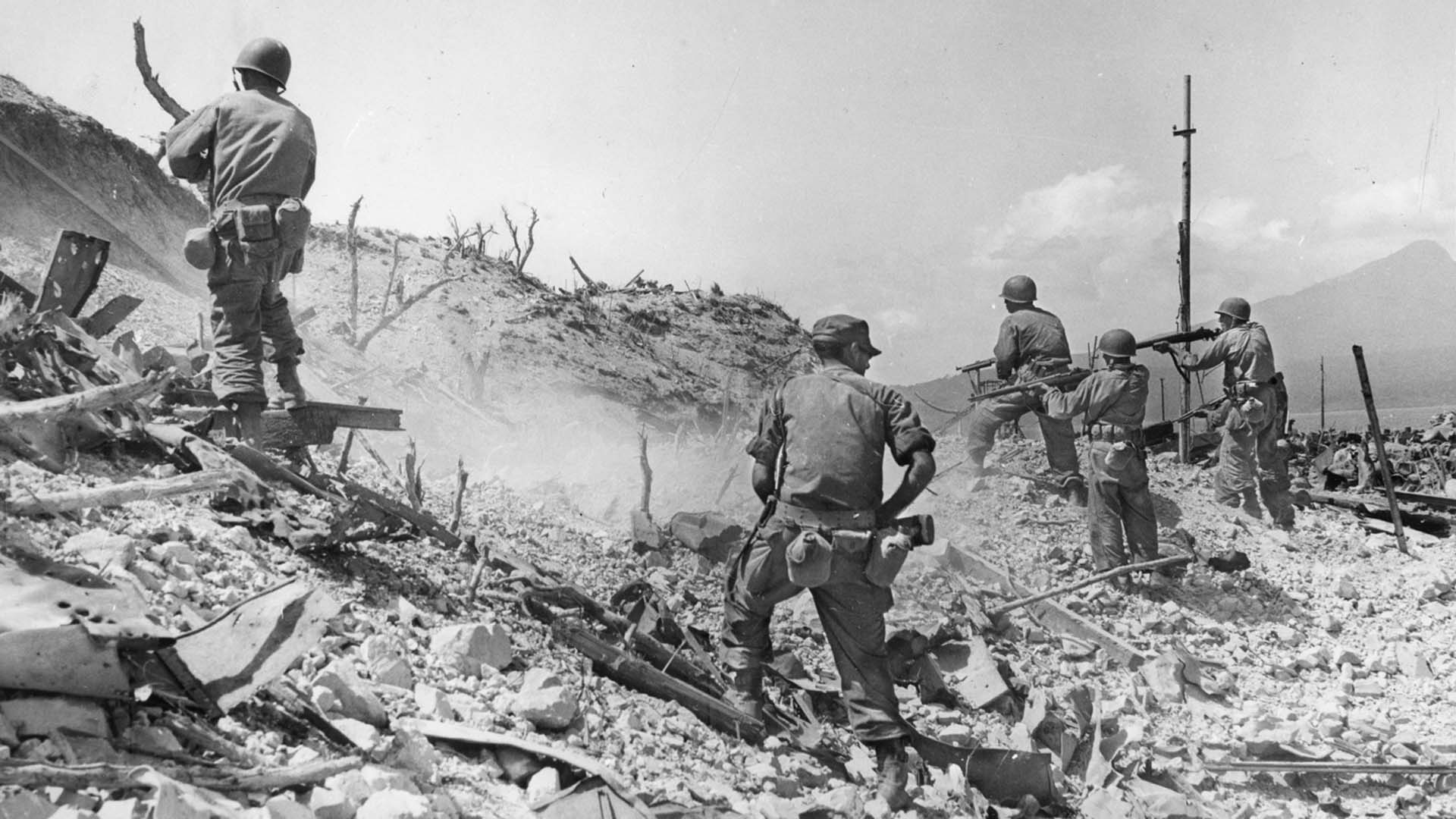
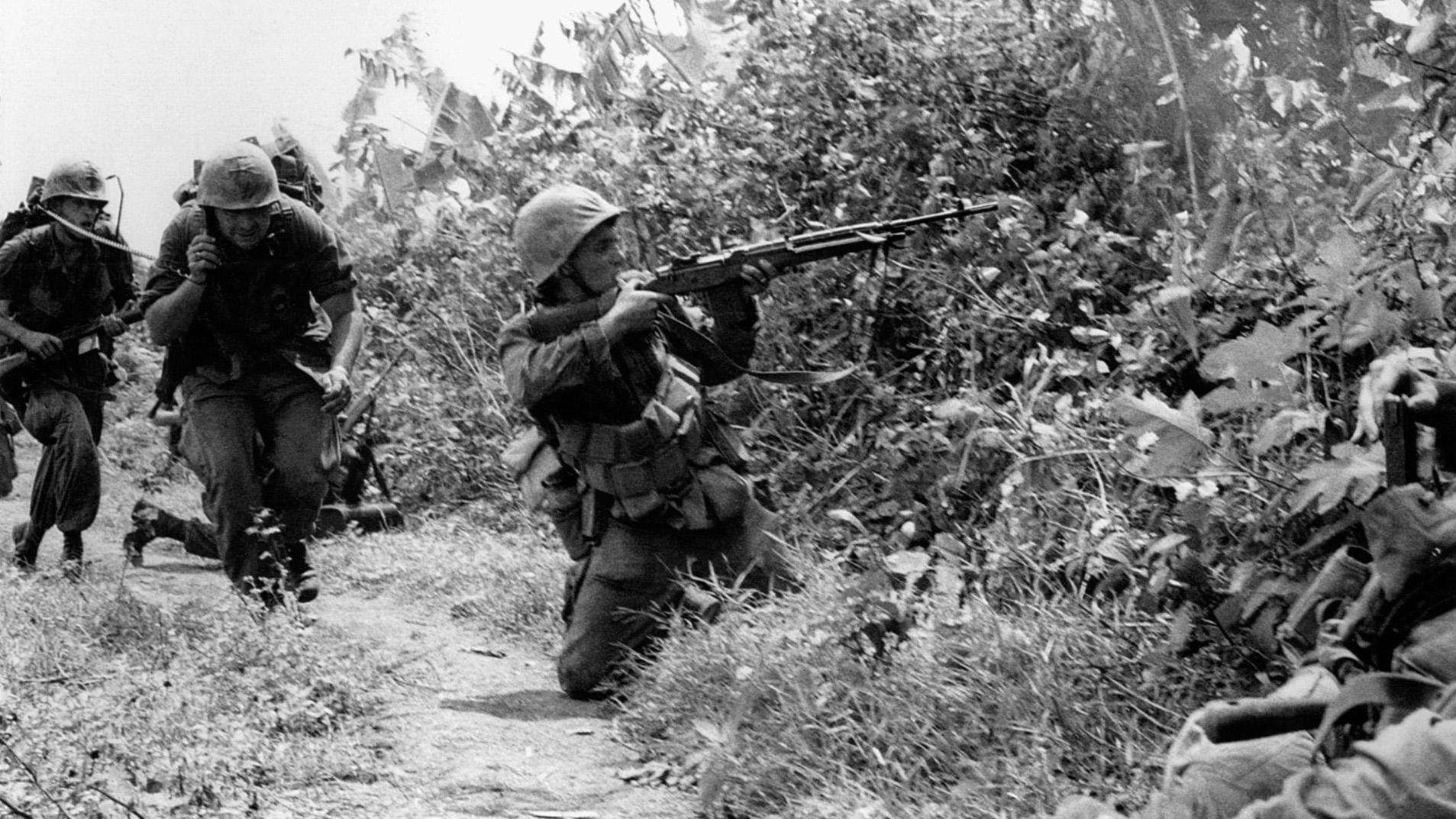
I’m 71 years of age. Blucher was 72 at Waterloo. That fires me up! He was a tough old dog and had NO fear of the ‘great’ Napoleon. Amazing! Let’s hear it for the old guys!